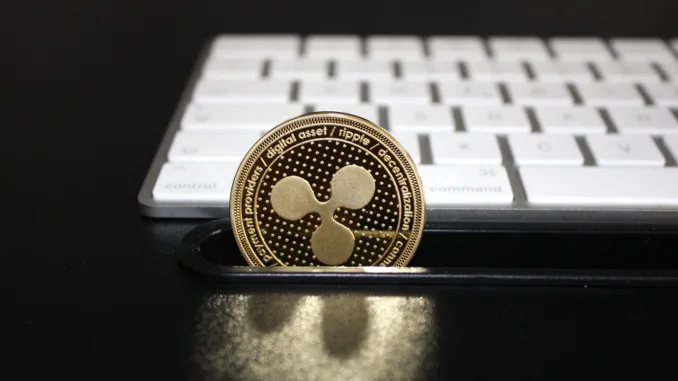
Three years after a surprise lawsuit from the SEC, Ripple could be nearing the finish line in its legal battle. After scoring three decisive victories against the agency, a settlement offer revealed by Ripple’s CLO, Stuart Alderoty, sheds new light on the SEC’s murky approach to crypto regulation.
Alderoty wrote on Twitter, “Before the SEC sued Ripple, Chris and Brad (3 yrs ago today) they offered us the following settlement: the SEC would announce to the market that XRP is a security and the market would be given a short window to “come into compliance.”
“We said no because: (1) XRP is not a security; and (2) the SEC never built a framework for crypto compliance. No matter the spin that Clayton, Hinman, Gensler or anyone else puts on this case now, it was always about one thing – – proving that XRP is not, in and of itself, a security. We put everything on the line. Few thought we would win. But we did. In the process we exposed the SEC for the hypocritical tyrant it is and the industry in the U.S. lived to fight another day. Onward to 2024.”
The SEC’s Murky Stance on XRP
The SEC’s lawsuit, filed in 2020, alleged that XRP, Ripple’s digital token, was an unregistered security. This sent shockwaves through the crypto community, raising concerns about regulatory overreach and stifling innovation.
However, Ripple has consistently maintained that XRP is a commodity, not a security. The company has pointed to its utility and lack of centralized control as evidence.
Ripple’s Victories and a Potential Turning Point
Over the past three years, Ripple has racked up three significant victories against the SEC. These include:
- Dismissal of the SEC’s expert witness: The judge presiding over the case ruled that the SEC’s expert witness on XRP’s classification as a security was not qualified.
- Denial of the SEC’s motion to compel: The judge denied the SEC’s request to force Ripple to hand over internal communications related to XRP sales.
- Failure to meet the Howey Test: The court found that the SEC failed to establish that XRP met the criteria of the Howey Test, the standard used to determine whether an asset is a security.
These victories have significantly weakened the SEC’s case and paved the way for a potential settlement.
The Pre-Lawsuit Settlement Offer
In a recent interview, Alderoty revealed that the SEC offered Ripple a settlement before the lawsuit was even filed. This offer, according to Alderoty, involved Ripple acknowledging XRP as a security in exchange for a two-year grace period to comply with securities regulations.
This revelation is significant for several reasons:
- It casts doubt on the SEC’s claims that XRP was always a security. If the SEC was willing to offer a grace period, it suggests that they knew the classification of XRP was not entirely clear-cut.
- It highlights the SEC’s inconsistent approach to crypto regulation. The agency has taken a hard line against some cryptocurrencies while seemingly turning a blind eye to others.







